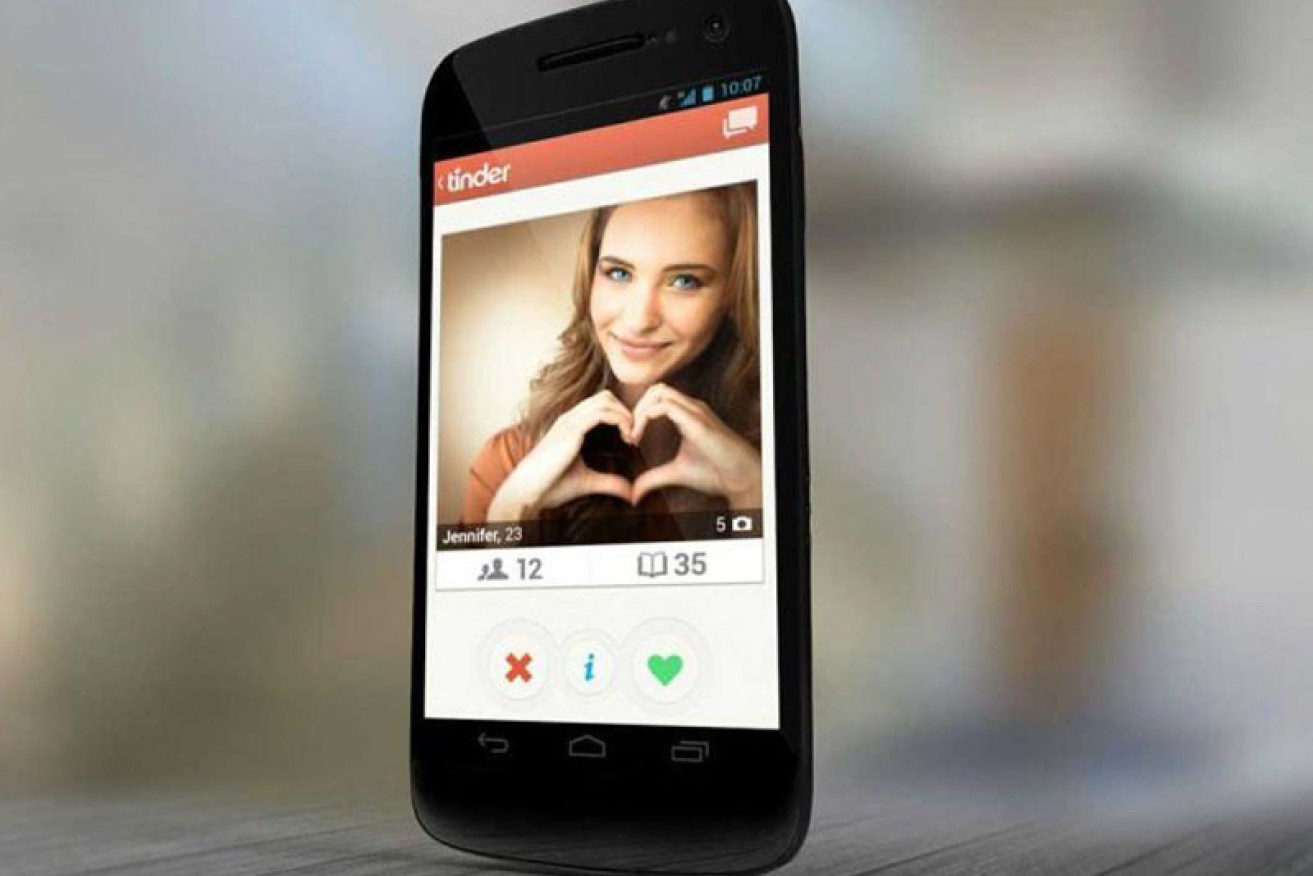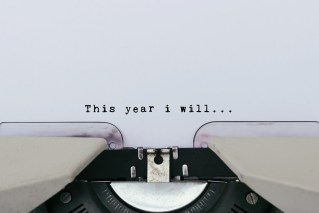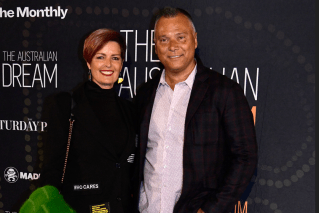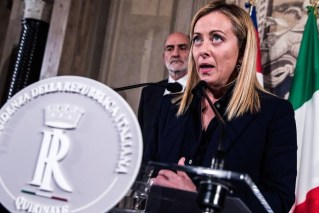True love on Tinder – dating apps not just hookup sites

Smartphone apps for dating are being used for people in "thin markets" such as those in their 30s. Photo: file
Dating apps may not be the end of monogamous long-term relationships, researchers have revealed, after the majority of surveyed users flagged finding love as their main motivation for using the technology.
The University of Sydney’s Mitchell Hobbs conducted a study, published in the Journal of Sociology, that looked at the online dating habits of 365 people, most of whom were aged below 30.
The study examined the impact dating services like Tinder, OKCupid and Grindr had on courtship practices and people’s desires and expectations within relationships.
Dr Hobbs said contrary to popular belief, dating applications were not creating a “hook-up” culture — but were instead facilitating dating for people in “thin markets” such as those aged in their 30s.
Swipe Right for secret beaches. #TinderSocial #AdventureTogether pic.twitter.com/ckRkZJkkdb
— Tinder (@Tinder) September 21, 2016
“There had been a little bit of hype in certain media outlets that was a little bit sensational regarding how it was depicting this technology as the death of romance,” Dr Hobbs said.
“Most people are not using the technology merely for increased sexual promiscuity, but are in fact seeking to find a potential longer-term partner.”
According to the research, 55 per cent used the apps for finding dates and 8 per cent signed up to find non-sexual friends.
“I think the technology enhances the likelihood that they would find a likeminded individual,” Dr Hobbs said.
“It takes some of the emotional anxiety out of the experience by making it a very tactile game.”
Eighty-seven per cent believed that apps allowed them “more opportunities to find prospective partners”.
But ……
The survey found not all users had the same agenda, with 10 per cent of those surveyed admitting to using the technology to cheat on their partners.
Those participants said they were encouraged to cheat because the app made it so easy.
Dr Hobbs said, like other social mediums, dating apps could trigger FOMO or the “fear of missing out”, prompting some to look outside their relationships.
The research also found the technology favoured urban environments with participants in rural areas limited as to who they could meet.
Dating apps have copped criticism for the way they encourage users to cast judgement based purely on an image, but Dr Hobbs said it was not too different to a traditional approach to dating.
“In real-life dating situations and in everyday interactions with each other, we always try to put forward a positive impression of ourselves,” he said.
“The strategic flirtation that takes place via these dating apps is similar to that which takes place in real-life.”
– Edwina Seselja








